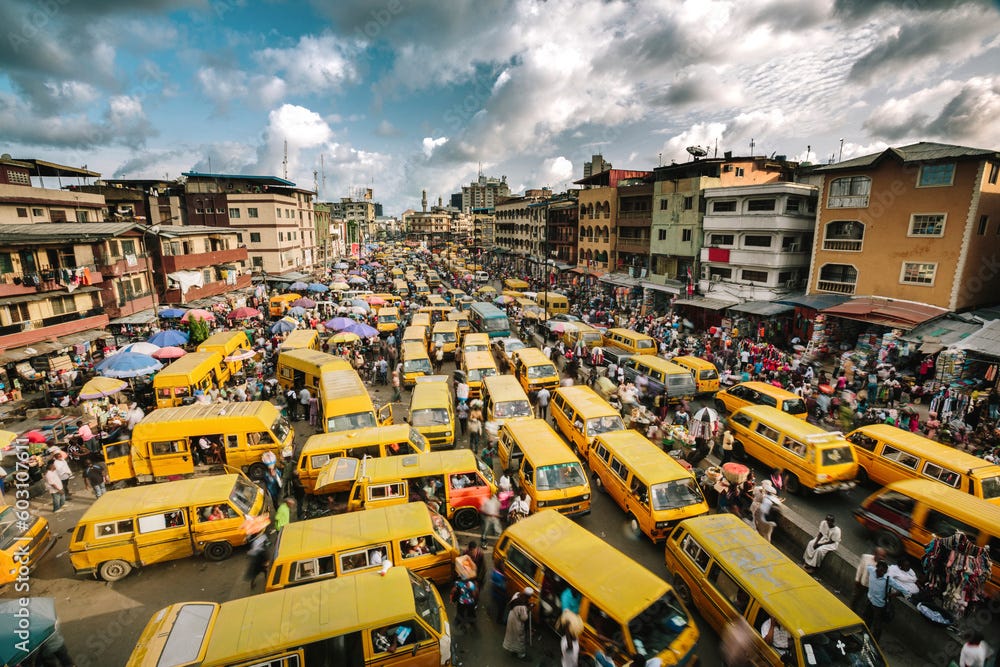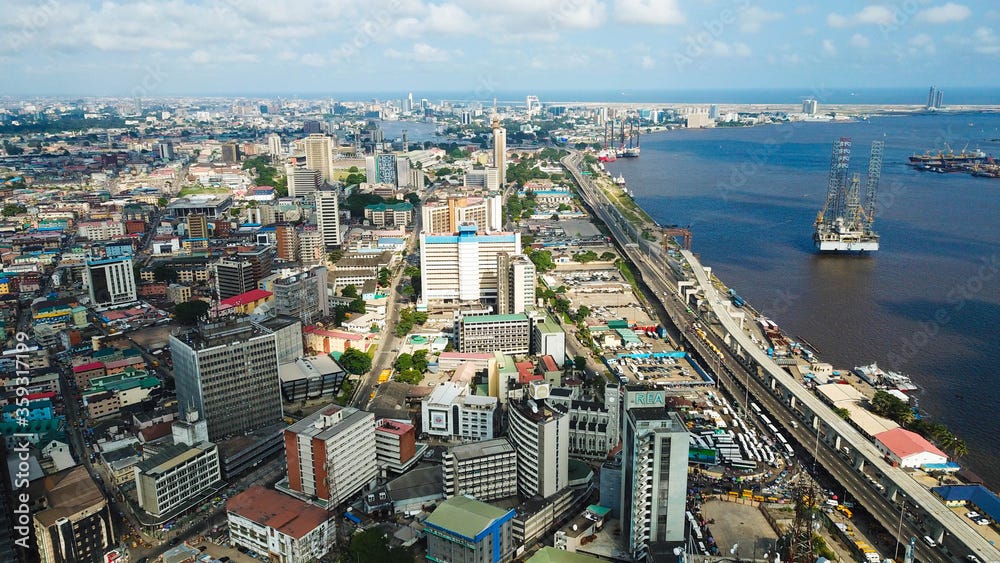Naija: More Than a Nickname
A Symbol of Identity and Pan-Africanism
Nigeria, Africa’s most populous nation and economic powerhouse is often referred to by the affectionate and vibrant nickname Naija. Beyond just being a shorthand or slang term for Nigeria, "Naija" carries deeper cultural and symbolic meanings. It represents national pride, youthful energy, and the unbreakable spirit of Nigerians. More importantly, within the larger discourse of Pan-Africanism, Naija serves as an emblem of self-determination, cultural reclamation, and unity among Africans.
Origins and Meaning of “Naija”
The term Naija is widely believed to have emerged from Nigerian Pidgin English, a creole language that blends English with indigenous Nigerian languages. While its exact origins are debated, it became popular in the late 20th century, particularly among youth, musicians, and athletes. "Naija" conveys a sense of informality, camaraderie, and street-smart confidence, distinguishing it from the more formal and colonial-rooted "Nigeria."
For many, using "Naija" instead of "Nigeria" is an act of self-definition—a way to shed the colonial name and embrace a more indigenous, homegrown identity. It represents a grassroots cultural renaissance, where Nigerians, especially the younger generation, take ownership of their narrative, rejecting Western stereotypes and forging their own unique path.
Naija and National Identity
The nickname “Naija” encapsulates the essence of modern Nigeria: resilience, adaptability, and excellence. Whether in music, sports, business, or fashion, Nigerians proudly carry Naija as a badge of honor.
In Music and Pop Culture: The global rise of Afrobeats, championed by Nigerian artists like Burna Boy, Wizkid, and Tiwa Savage, has been instrumental in spreading the Naija brand. The term is often used in lyrics and social media, symbolizing Nigerian creativity and influence on the world stage.
In Sports: Nigerian athletes frequently use "Naija" to rally support, from football to boxing. The term embodies their fighting spirit and national pride.
In Fashion and Lifestyle: "Naija no dey carry last" (meaning "Nigerians don’t come last") is a common saying that underscores the nation's relentless ambition and competitive edge.
Naija and Pan-Africanism
Beyond national pride, the concept of Naija aligns with the principles of Pan-Africanism—the political and cultural movement advocating for the unity, self-reliance, and liberation of African nations and people.
A Symbol of Decolonization
The use of Naija over Nigeria signifies a break from colonial legacies. The name “Nigeria” was imposed by British colonizers, while "Naija" is an organic, people-driven rebranding that reflects indigenous agency. This mirrors broader Pan-African efforts to reclaim African identities, much like Ghana renaming itself after independence or Tanzania's adoption of Swahili as a unifying language.Cultural Unity and Influence
Nigeria’s cultural dominance in Africa, through Nollywood, Afrobeats, and literature, has positioned it as a Pan-African leader. The term Naija has crossed borders, embraced by Africans in the diaspora who identify with Nigeria’s cultural vibrancy. Afrobeats, for example, is not just Nigerian music; it has become a unifying force for African youth worldwide.Economic and Political Implications
As a leading African nation, Nigeria (Naija) plays a crucial role in economic and political cooperation on the continent. The African Continental Free Trade Agreement (AfCFTA) and Nigeria’s leadership in ECOWAS align with the Pan-African vision of economic integration and political solidarity. The "Naija Spirit" of resilience and innovation represents the kind of African-driven progress that Pan-Africanists envision.
Naija as a Movement
Naija is more than just a nickname—it is an assertion of identity, a cultural revolution, and a Pan-African statement. It reflects the vibrancy of Nigeria and its influence across Africa and the world. By embracing Naija, Nigerians are not only redefining their national image but also contributing to the broader Pan-African goal of self-definition, unity, and progress.
In a world where African nations are increasingly reclaiming their narratives, Naija stands as a powerful example of how culture, language, and identity shape a people’s destiny. Naija is Nigeria, but it is also Africa—a symbol of resilience, pride, and the unyielding spirit of a continent on the rise.




